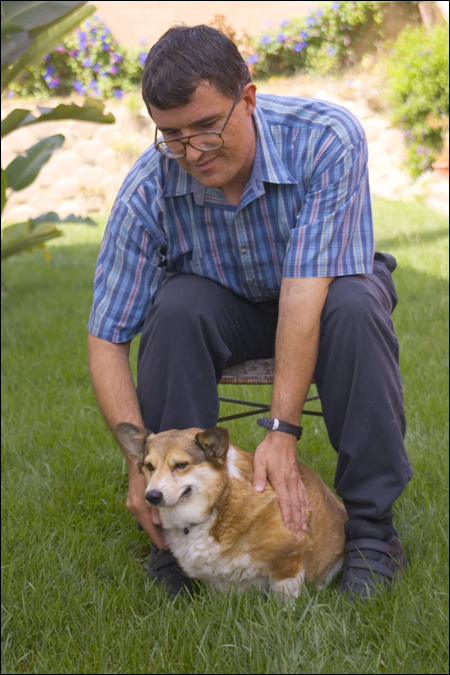The editors of the newsletter for my local chapter of the Autism Society of America asked me for any advice on preparing children on the spectrum for the back-to-school experience. Here are some ideas:
To me, the biggest sources of discomfort were surprises and sudden changes in routines. Therefore, I suggest:
1.If the new school year involves getting up earlier than has been the case over the summer, it may be helpful phase this in gradually well before the start of school. It may also be useful to phase in the rhythm of meal times that will be in place during the school year.
2. If the child will be wearing different clothes to school than he or she did during vacation, it may be helpful to phase this in ahead of time.
3. If siblings are going back to school, too, it may be helpful to prepare for changes that will happen in the family routine.
4. To me, it was difficult to transition from vacation to full time school. If homework is involved, it may be useful to get the assignments in advance and work on this material before the start of school so that there will be less, and hopefully no, homework during the first week. If possible, it may help the transition if the child can leave early during the first week.
5. If a new school, or a new room at the old school, is involved, it may be important to see this before the start of the term. This room should be examined for possible sensory violations (e.g., creaking doors, lights that may be flickering, fans that may be running in the background, echo, or unusual odors).
6. If information about the child's schedule for the coming year is available, it may be better to know this before the start of the year rather than on the first day.
7. If there is a new teacher, this will of course be a considerable adjustment. Obviously, it would be helpful to meet this teacher with just the child and family before school starts. To get a sense of expectations, it would be useful to know this teacher's rules as explicitly as possible before school starts.
8. When I went to elementary school in Denmark, the same students stayed together in a class from year to year, but my understanding is that in the U.S., children are put into different groups each year. If a child is in a large class, learning new names and faces can be difficult. If photos are available, those may be helpful. If not, perhaps the teacher, parent, or aide might teach the child the name of one new student each day.
9. If new subjects start this year, advance notice of what this class involves is essential, and it is important to look for problems. For example, in my music class, I could not understand the words that the other students were singing. New classes may also involve possible sensory violations.
10. Saying that "Everything will be OK" may sound comforting to the person saying it, but those of us on the spectrum are likely either to be very disappointed or very skeptical of this claim. This kind of "reckless and irresponsible optimism" only served to reduce my ability to trust the person saying it!
Wednesday, August 10, 2005
Subscribe to:
Post Comments (Atom)





2 comments:
Post a Comment